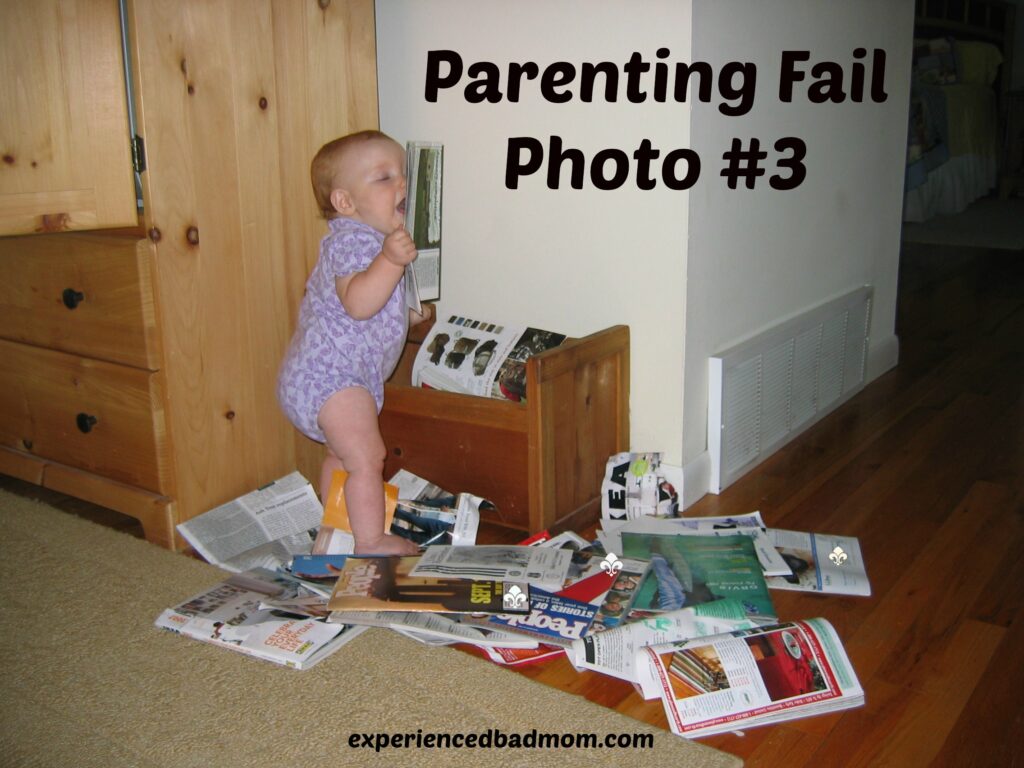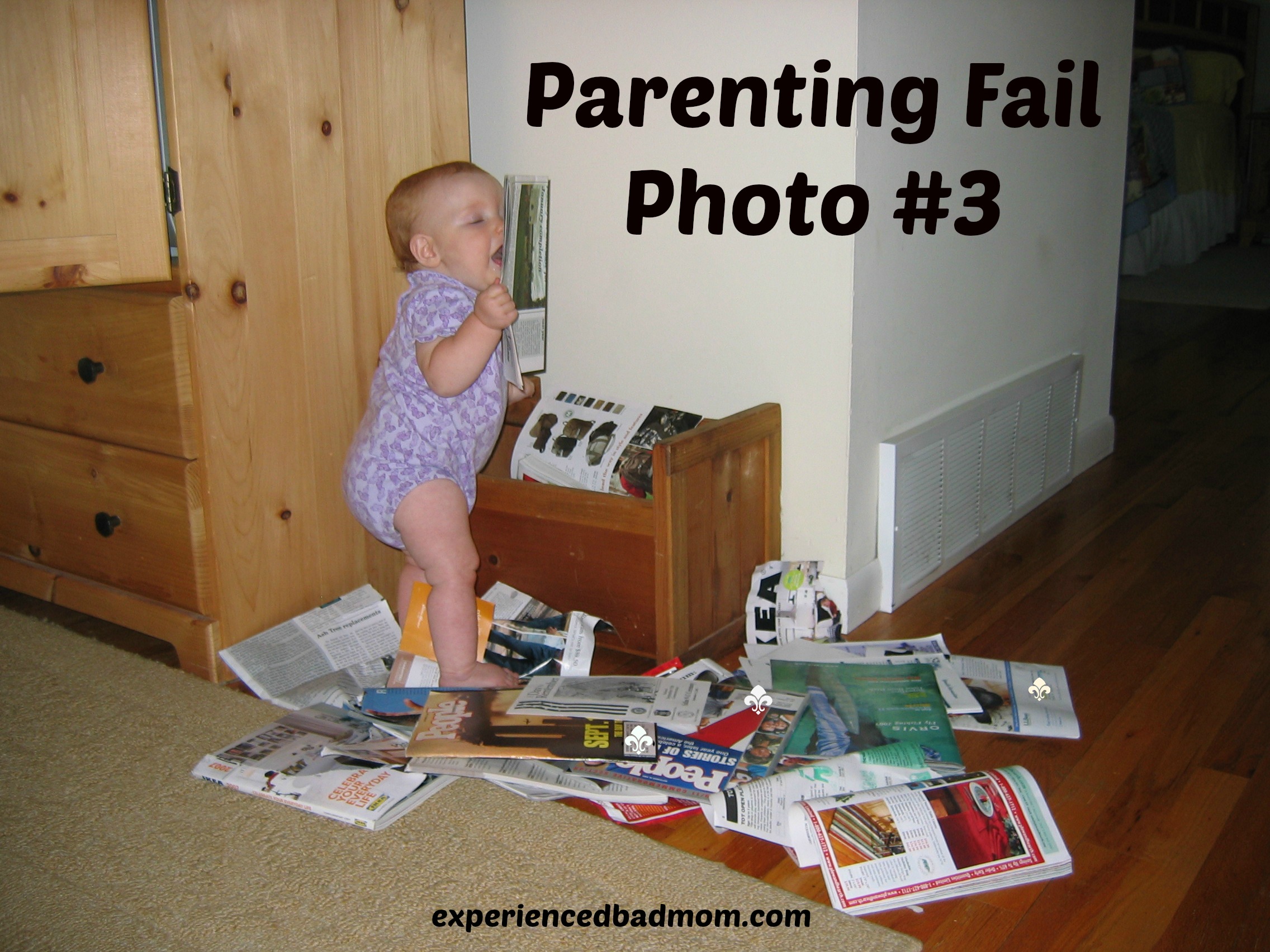
I Fail as a Mother: Understanding and Overcoming Feelings of Parental Inadequacy
The phrase “I fail as a mother” is a sentiment echoed by countless women across the globe at various stages of motherhood. It’s a raw, vulnerable admission of feeling inadequate, overwhelmed, and perhaps even guilty about perceived shortcomings in raising children. This feeling, while common, can be incredibly isolating and damaging to a mother’s self-esteem and overall well-being. This article aims to explore the root causes of these feelings, offer practical strategies for coping, and provide reassurance that imperfection is an inherent part of the parenting journey. If you often think, “I fail as a mother,” know that you’re not alone, and there are ways to navigate these challenging emotions.
The Roots of Feeling Like “I Fail as a Mother”
Several factors contribute to the feeling that “I fail as a mother.” Understanding these factors is the first step toward addressing them effectively:
- Unrealistic Expectations: Societal pressures, social media portrayals, and even well-meaning advice from friends and family can create unrealistic expectations of what motherhood should look like. The idealized image of the “perfect mother” – always patient, nurturing, and effortlessly managing every aspect of her child’s life – is simply unattainable.
- Comparison to Others: Social media often fuels the comparison game. Seeing carefully curated images of other mothers seemingly excelling in every area can lead to feelings of inadequacy and the belief that “I fail as a mother” because you’re not measuring up.
- Lack of Support: Motherhood can be incredibly isolating, especially for new mothers or those without a strong support system. Feeling alone in the challenges of raising children can amplify feelings of overwhelm and inadequacy.
- Personal History: A mother’s own upbringing and experiences can significantly impact her parenting style and self-perception. If she experienced trauma, neglect, or unrealistic expectations as a child, she may be more prone to feeling like “I fail as a mother.”
- Postpartum Depression and Anxiety: These mental health conditions are common after childbirth and can significantly affect a mother’s mood, energy levels, and ability to cope with stress. They can also distort her perception of her parenting abilities, leading to feelings of failure.
- The Constant Demands of Motherhood: Motherhood is a 24/7 job with no breaks or vacations. The constant demands of caring for children, managing a household, and often working outside the home can lead to burnout and resentment, contributing to the feeling that “I fail as a mother.”
- Perfectionism: Some mothers hold themselves to impossibly high standards. Their need to be perfect parents sets them up for inevitable disappointment and the belief that they are constantly falling short. This is especially true for those who think, “I fail as a mother, because I can’t do it all.”
Recognizing the Signs: Is It Just a Bad Day, or Something More?
Everyone has bad days. However, if the feeling that “I fail as a mother” is persistent, overwhelming, and interfering with your daily life, it’s important to recognize the signs and seek help. Some common signs include:
- Constant Self-Criticism: Regularly berating yourself for perceived parenting mistakes.
- Feelings of Guilt and Shame: Experiencing intense guilt and shame about your parenting decisions or actions.
- Withdrawal from Social Activities: Isolating yourself from friends and family due to feelings of inadequacy.
- Difficulty Bonding with Your Child: Struggling to connect with your child emotionally.
- Changes in Appetite or Sleep: Experiencing significant changes in your eating or sleeping habits.
- Increased Anxiety or Irritability: Feeling constantly anxious, irritable, or on edge.
- Thoughts of Harming Yourself or Your Child: These thoughts are a serious red flag and require immediate professional help.
Strategies for Overcoming Feelings of Parental Inadequacy
If you’re struggling with the feeling that “I fail as a mother,” know that there are strategies you can implement to challenge these negative thoughts and cultivate a more positive and self-compassionate mindset:
- Challenge Negative Thoughts: When you have a negative thought about your parenting, challenge its validity. Ask yourself: Is this thought based on reality, or is it an exaggeration? Is there another way to interpret the situation? Are you being too hard on yourself?
- Practice Self-Compassion: Treat yourself with the same kindness and understanding you would offer a friend. Acknowledge that everyone makes mistakes, and that imperfection is part of the human experience. Remind yourself that you are doing the best you can.
- Set Realistic Expectations: Let go of the unrealistic expectations you may have about motherhood. Accept that you can’t do it all, and that it’s okay to ask for help. Focus on doing your best, not on being perfect.
- Focus on Your Strengths: Instead of dwelling on your perceived weaknesses, focus on your strengths as a mother. What are you good at? What do you enjoy doing with your child? Celebrate your successes, no matter how small.
- Build a Support System: Connect with other mothers who can offer support, understanding, and encouragement. Join a parenting group, attend a playdate, or simply reach out to a friend who is also a mother. Sharing your experiences with others can help you feel less alone and more validated.
- Prioritize Self-Care: Taking care of your own needs is essential for your well-being and your ability to parent effectively. Make time for activities that you enjoy and that help you relax and recharge. This could include exercise, reading, spending time in nature, or simply taking a hot bath. If you are always thinking, “I fail as a mother,” remember that taking care of yourself is not selfish; it’s necessary.
- Seek Professional Help: If you’re struggling to cope with feelings of inadequacy on your own, don’t hesitate to seek professional help. A therapist or counselor can provide you with support, guidance, and coping strategies. Postpartum depression and anxiety are treatable conditions, and seeking help is a sign of strength, not weakness.
- Remember the Big Picture: Focus on the overall well-being of your child rather than obsessing over minor details. Are they loved, safe, and nurtured? Are they developing into healthy, happy individuals? If so, you’re doing a good job. Even if you occasionally think, “I fail as a mother,” reflect on the positive impact you have on your child’s life.
- Forgive Yourself: Everyone makes mistakes. Learn from them, forgive yourself, and move on. Holding onto guilt and shame will only perpetuate the cycle of negative thinking. Remember that parenting is a journey, not a destination.
Reframing Failure: Learning and Growing from Mistakes
Instead of viewing mistakes as evidence of failure, reframe them as opportunities for learning and growth. Every parent makes mistakes. It’s how we learn and become better parents. When you make a mistake, ask yourself: What can I learn from this? How can I do things differently next time? By viewing mistakes as learning opportunities, you can transform negative experiences into positive ones.
The Importance of Self-Compassion in Motherhood
Self-compassion is crucial for navigating the challenges of motherhood. It allows you to treat yourself with kindness, understanding, and acceptance, even when you’re feeling inadequate. When you practice self-compassion, you’re less likely to be self-critical and more likely to forgive yourself for your mistakes. This can lead to a more positive and fulfilling experience of motherhood. If you often feel like “I fail as a mother,” practicing self-compassion can be a powerful antidote to these negative feelings.
When to Seek Professional Help
While self-help strategies can be effective, there are times when professional help is necessary. If you are experiencing any of the following, it’s important to seek professional support:
- Persistent feelings of sadness, hopelessness, or worthlessness.
- Significant changes in appetite or sleep.
- Difficulty concentrating or making decisions.
- Loss of interest in activities you once enjoyed.
- Thoughts of harming yourself or your child.
A therapist or counselor can provide you with support, guidance, and treatment options. Don’t hesitate to reach out for help if you need it. Remember, seeking help is a sign of strength, not weakness.
Conclusion: You Are Not Alone, and You Are Enough
The feeling that “I fail as a mother” is a common and often unspoken experience. It’s important to remember that you are not alone, and that many mothers struggle with feelings of inadequacy at some point in their parenting journey. By understanding the root causes of these feelings, implementing coping strategies, and practicing self-compassion, you can challenge negative thoughts and cultivate a more positive and fulfilling experience of motherhood. Remember, you are doing the best you can, and that is enough. You don’t have to be perfect to be a good mother. Your love, care, and dedication are what truly matter.
[See also: Postpartum Depression Symptoms and Treatment]
[See also: How to Manage Mom Guilt]
[See also: The Importance of Self-Care for Mothers]

